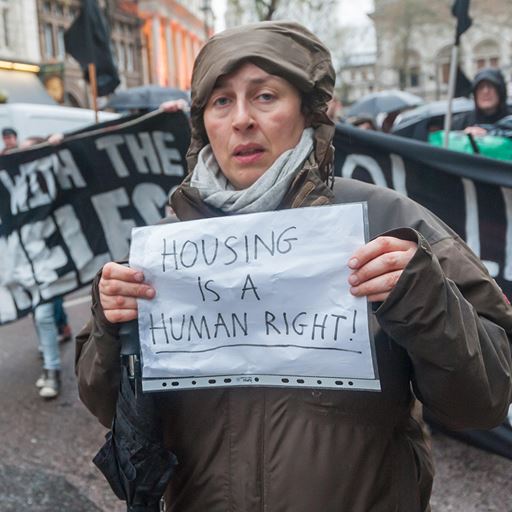In a report commissioned by the Centre for Welfare Reform, Professor Paul Hunt has urged progressive centre-left politicians, including the Labour party, to empower communities and transform lives by explicitly supporting social rights.
Using case studies from communities around the UK and the rest of the world, Professor Hunt has shown how embedding social rights can change lives for the better.
Professor Hunt explained: “Social rights include the rights to an adequate standard of living, affordable housing, education, an equitable health system and social security based on respect. These are all values that people in the UK want and hold dear but they are rarely understood as ‘social rights’.”
In his report, Professor Hunt argues that despite the UK’s support for social rights at the United Nations, and legally-binding obligations under specific international treaties such as the International Covenant on Economic, Social and Cultural Rights (1976), British policies and practices are “rigged” against social rights.
Professor Hunt outlines how, in failing to explicitly mention social rights, instead selecting to promote civil and political rights only, the Human Rights Act, neglects rights which are vital to disadvantaged individuals and communities. As he puts it, “neglected rights for neglected people.”
He argues too that the Labour party could reinforce and deepen its progressive social policies, set out in the 2017 party manifesto, by explicitly naming and promoting social rights.
“In this way, the manifesto would place social rights on the national political agenda. This would be a huge advance.There is evidence people value social rights. And that they improve everyday lives. So why not name and use them?”

.jpg?mh=500&mw=500&hash=6568B6C9CCF5290A596BEF6678B6AD0E)




